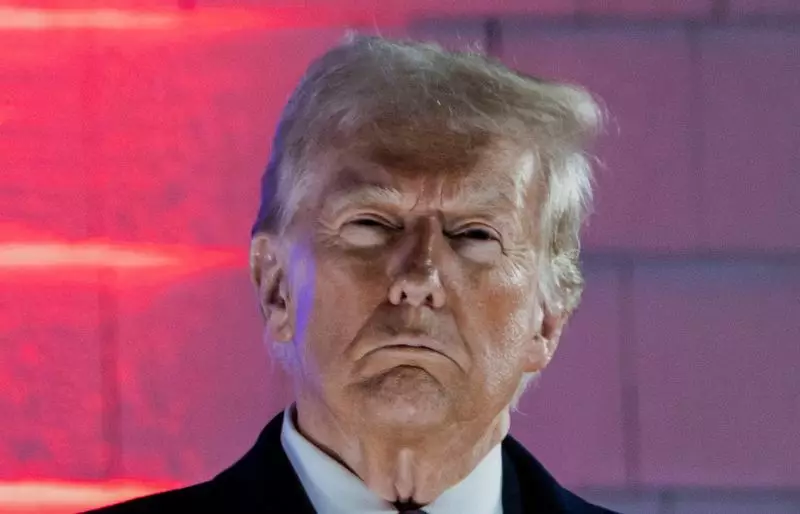The seismic shift in U.S. politics with Donald Trump’s ascension to the presidency marked a historic moment, prompting trepidation regarding the future of U.S.-China trade relationships. Although initial expectations suggested that Trump would charge robustly into a confrontational trade stance with China, his cautious approach has left some space for potential negotiations. Analysts, including those from ING, suggest that this unexpected restraint may avert an immediate plunge into a trade war, providing a glimmer of hope for stability in international markets.
Initial Reactions from the Markets
When Trump took office, financial markets braced themselves for catastrophic fallout, anticipating stern measures such as national tariffs and economic emergencies that could severely disrupt risk assets. However, contrary to these fears, Trump’s early days were marked by a lack of aggressive trade interventions. ING noted that this approach has spared the financial landscape from the worst outcomes, enabling markets to stabilize rather than crash under the weight of escalating trade hostilities. This tempered response could represent a tactical decision to maintain equilibrium while navigating complex geopolitical waters.
Potential Avenues for Collaboration
Despite the overarching concerns in the U.S.-China trade discourse, ING has illuminated specific domains where collaboration seems feasible. Notable among these is the pressing issue of the fentanyl crisis, where cooperative measures could yield beneficial results. The bank pointed out that the scale of chemical exports from China to North America is minuscule compared to the vast overall trade picture, suggesting that addressing this crisis could be an area of mutual benefit rather than contention. Furthermore, issues related to social media platforms like TikTok also present opportunities for dialogue, potentially allowing both nations to navigate sensitive subjects without resorting to aggression.
While hope persists for a more collaborative atmosphere, it is essential to recognize the inherent risks that could emerge if China feels cornered. As the Chinese economy increasingly distances itself from dependence on the U.S. market, the prospect for retaliation becomes more plausible. China’s ability to enact strategic measures—be it through export controls or selective tariffs aimed at significant U.S. multinationals—could provoke a detrimental tit-for-tat scenario should negotiations fail. The potential for swift punitive actions looms large and serves as a reminder that any misstep in diplomatic relations could spiral into wider economic consequences.
Trump’s restrained approach to China during his presidency may have forestalled immediate trade conflicts, but the landscape remains precarious. As both nations grapple with the dual challenges of rising tensions and pressing global issues, it is imperative that both the Trump administration and Chinese leadership recognize the value of diplomatic engagement. The intricacies of their relationship will continue to evolve, and the outcome remains uncertain, emphasizing the need for strategic foresight and collaboration to maintain a balance in global trade dynamics. Only time will tell if this delicate balance can be maintained or if the tides will turn toward a more adversarial stance.

